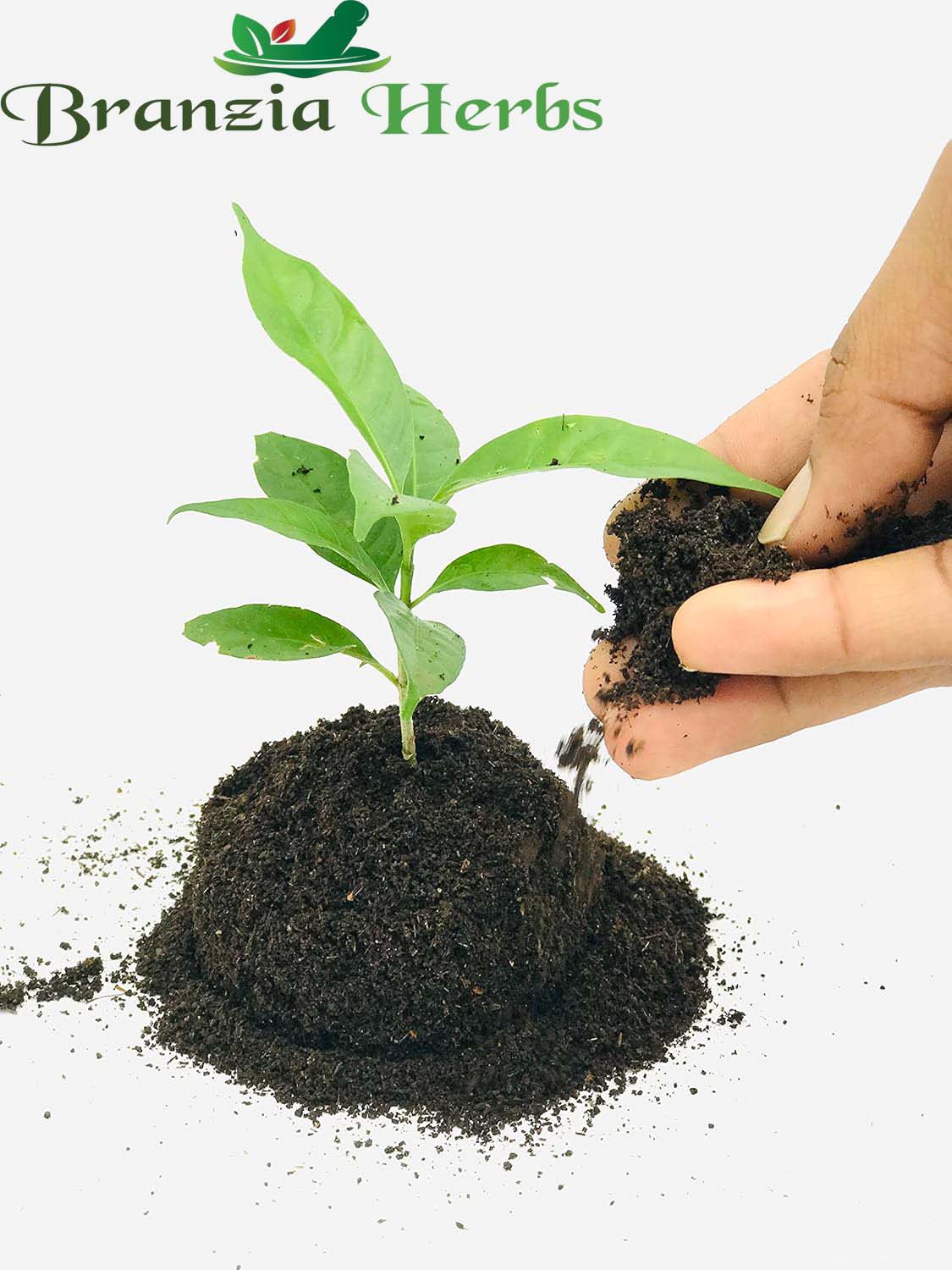Artemisia absinthium (Wormwood)
-
Botanical Name: Artemisia absinthium.
-
Common Names: Wormwood, Absinthe, Mugwort (though this name can also refer to other Artemisia species).
-
Traditional Uses:
-
Digestive Health: Wormwood is traditionally used to stimulate appetite, aid digestion, and alleviate symptoms such as bloating and indigestion. It is believed to help with gastrointestinal issues by promoting the production of digestive fluids.
-
Anti-parasitic: Historically, wormwood has been used to treat intestinal worms and other parasitic infections.
-
Anti-inflammatory: It has been used to reduce inflammation and pain in various conditions, including arthritis and other inflammatory disorders.
-
Fever Reduction: Wormwood has been used to reduce fevers and help manage symptoms of infections.
-
Liver Health: It is sometimes used to support liver function and detoxification processes.
-
Active Compounds:
-
Artemisinin: A key compound in wormwood with potent anti-parasitic and anti-inflammatory properties. It is also used in the treatment of malaria.
-
Thujone: A compound that contributes to wormwood's distinctive aroma and has psychoactive properties. Thujone can be toxic in high doses and is a reason for cautious use.
-
Flavonoids and Essential Oils: These contribute to the herb’s antioxidant and anti-inflammatory effects.
-
Preparation and Use:
-
Consumption: Wormwood Leaf Powder can be mixed with water, herbal teas, or added to other preparations. It can also be used in capsules or tinctures.
-
Dosage: The appropriate dosage can vary based on the intended use and individual health needs. Typically, 1 to 2 grams of powder per day is used, but it’s important to follow specific product recommendations or consult a healthcare provider for personalized advice.
-
Safety and Considerations:
-
Consultation: Due to the potential toxicity of thujone, it’s crucial to consult with a healthcare provider before using wormwood, especially if you are pregnant, breastfeeding, or have liver or kidney issues.
-
Side Effects: High doses or prolonged use of wormwood can cause adverse effects such as nausea, vomiting, dizziness, and seizures. It may also cause allergic reactions in some individuals.
-
Interactions: Wormwood may interact with certain medications, especially those affecting the central nervous system or liver. It’s important to consider potential interactions if you are on other treatments.
Summary
Wormwood Leaf Powder (Artemisia absinthium) is used traditionally for digestive health, anti-parasitic effects, inflammation, and liver support. It’s a potent herb with significant effects, so it should be used with caution and under professional guidance to ensure safety and appropriateness for your health needs




